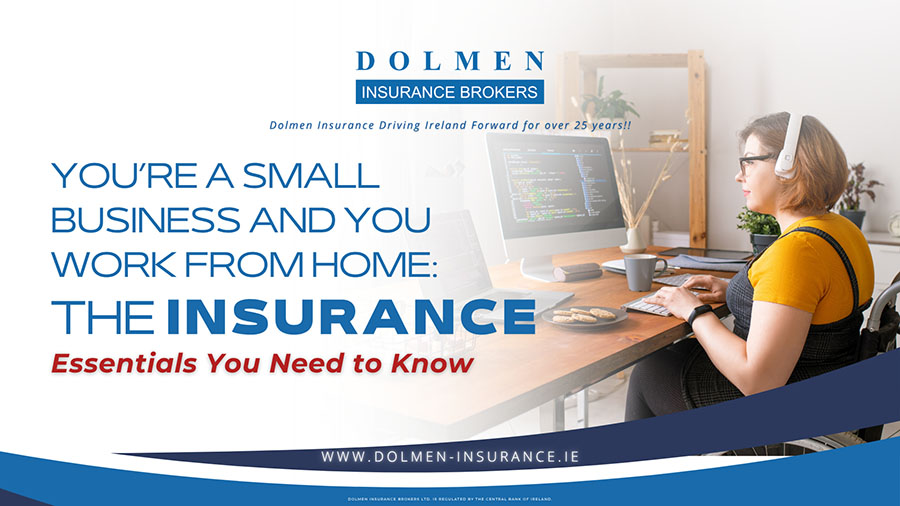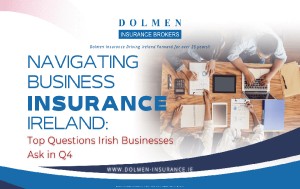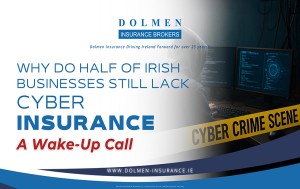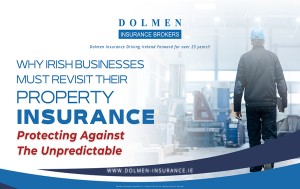
You’re a small business and work from home: The Insurance Essentials You Need to Know
Running a business from home has never been more popular. Whether you’re a consultant, designer, or online retailer, working from home offers freedom and flexibility. However, many small business owners don’t realise that standard home insurance does not cover business-related risks. This can leave your home-based business exposed to serious financial and legal consequences.
Fortunately, with the right insurance products, you can protect both your livelihood and your reputation. In this blog, our team explore the key types of business insurance every home-based entrepreneur should consider. We’ll also explain how each product helps safeguard your operations, your clients, and your peace of mind.
Why Home-Based Businesses Still Need Insurance
First, let’s address a common myth: operating from home means fewer risks. In reality, the risks simply change. For example, if a client visits your home and slips on your front step, your personal home insurance may not cover the injury. Similarly, if a fire damages your business equipment, the loss may not be included in your home policy.
Moreover, as your business grows, so do your responsibilities. You may handle sensitive client data, ship products across the country, or even employ part-time help. All of these factors increase your exposure to liability, property damage, or other unforeseen problems.
That’s where tailored business insurance comes in.
1. Public Liability Insurance
Public liability insurance is crucial for any business that interacts with the public. Even if you only see clients occasionally, accidents can happen. For instance, a courier could trip on your doorstep while delivering work-related packages. Alternatively, a client might claim an injury occurred during a visit to your home office.
This policy covers compensation claims made against you by third parties. It can include medical costs, legal fees, and damages. Without this protection, a single claim could threaten your financial stability.
Most importantly, public liability cover demonstrates professionalism. It shows clients you are serious about your business and their well-being.
2. Professional Indemnity Insurance
Consultants, coaches, and advisors should never operate without professional indemnity insurance. Why? Because giving advice comes with risk. Even if you’re highly experienced, a client could claim that your guidance caused them a financial loss.
Professional indemnity insurance protects you from claims of negligence, mistakes, or omissions in the services you provide. It also covers legal defence costs and potential compensation payments.
This type of cover is especially important if your work involves strategy, planning, design, or technical advice. In many industries, professional indemnity is not just recommended, it’s required by contract.
3. Contents and Equipment Insurance
Most home contents insurance policies do not cover business tools or stock. If your laptop, printer, or specialist equipment is damaged or stolen, the loss may not be reimbursed.
Business contents insurance fills this gap. It ensures that your essential tools are protected, whether you work from your living room, spare bedroom, or garden office. Furthermore, if you sell products from home, you may want to cover your stock as well.
This is particularly important for businesses that handle valuable tech, operate creative workstations, or store physical goods.
4. Employer’s Liability Insurance
If you hire any staff, even part-time, freelance, or temporary, you may be legally required to have employer’s liability insurance. This policy protects you if an employee becomes ill or injured while working for you.
Even in a home setting, work-related accidents can occur. Perhaps a staff member trips over equipment or suffers a repetitive strain injury. Employer’s liability insurance helps cover legal costs and any compensation due.
Moreover, having this coverage shows that you take workplace safety and responsibility seriously.
5. Cyber Liability Insurance
Digital threats are on the rise, and small businesses are not immune. In fact, home-based businesses are often more vulnerable. They may lack the cybersecurity resources of larger firms, yet they still handle sensitive client data.
Cyber liability insurance helps protect you if your systems are hacked or compromised. It can cover data breach response costs, client notification, reputation management, and even ransom payments.
Additionally, if a cyberattack interrupts your business, this cover can help you recover lost income. For any business that relies on email, databases, or cloud storage, this policy is quickly becoming essential.
6. Business Interruption Insurance
Disasters don’t discriminate. A fire, flood, or major technical failure can shut down your home-based business in a flash. When that happens, the loss of income can be devastating.
Business interruption insurance steps in to replace lost revenue. It can also cover ongoing operating costs, such as rent or salaries, while you get back on your feet.
Even if you only experience short-term disruption, this policy can provide vital breathing space. That way, you can focus on recovery, not financial survival.
7. Commercial Vehicle Insurance
Do you use your car for business errands, client meetings, or deliveries? If so, your regular car insurance may not provide cover. You need a commercial or business-use policy.
Commercial vehicle insurance covers accidents, theft, and damage while using your vehicle for work. Depending on your policy, it may also include tools or stock carried in the car.
This is especially important for service providers, tradespeople, or mobile consultants who rely on travel as part of their work.
Choosing the Right Insurance for Your Business
Every home-based business is unique. That’s why there’s no one-size-fits-all insurance solution. The right mix of products depends on several factors:
- The nature of your work
- Whether clients visit your home
- The value of your business equipment
- If you employ others
- How you store or manage data
- The potential risks associated with your advice or services
Working with a trusted broker like Dolmen Insurance makes the process easier. We take time to understand your business and offer tailored advice. That way, you only pay for the cover you actually need.
Common Mistakes to Avoid
When arranging business insurance for a home-based setup, some entrepreneurs make costly errors. Here are a few to watch out for:
- Assuming home insurance is enough: Most home policies exclude business-related liabilities and equipment.
- Underestimating risk: Even small businesses can face large claims or cyber threats.
- Failing to review regularly: As your business grows, your insurance should evolve with it.
- Buying the cheapest policy: Low-cost insurance often comes with limited protection and high excesses.
Instead, aim for comprehensive coverage at a fair price. Peace of mind is worth the investment.
What next?
Running your own business from home is exciting, empowering, and rewarding. However, it comes with responsibilities. Protecting your business with the right insurance products is not just smart, it’s essential.
From liability to cybercrime, equipment to employment risks, insurance helps ensure your business stays resilient. It protects the time, money, and energy you’ve invested in building your brand.
At Dolmen Insurance, we understand the challenges faced by home-based business owners. Our experienced team can help you create a personalised insurance package to suit your needs and budget.
Don’t wait for something to go wrong, get protected today.
Whether it's Commercial Insurance, Mortgage Protection to Life Insurance , home insurance or car insurance we have you covered.
Contact Us Today.
Disclaimer:
The information provided in this blog post is for general guidance and informational purposes only. It does not constitute legal, financial, or insurance advice and should not be relied upon as such. While every effort has been made to ensure the accuracy of the content at the time of publication, Dolmen Insurance makes no warranties or representations regarding the completeness, reliability, or suitability of the information provided.
Insurance needs vary depending on individual circumstances and business activities. We recommend speaking directly with a qualified insurance advisor or broker to assess your specific requirements. Dolmen Insurance accepts no liability for any loss or damage arising from the use of or reliance on the information in this article.
Policy terms, conditions, and availability may vary. Always refer to the policy documents for full details of coverage, exclusions, and limits.





